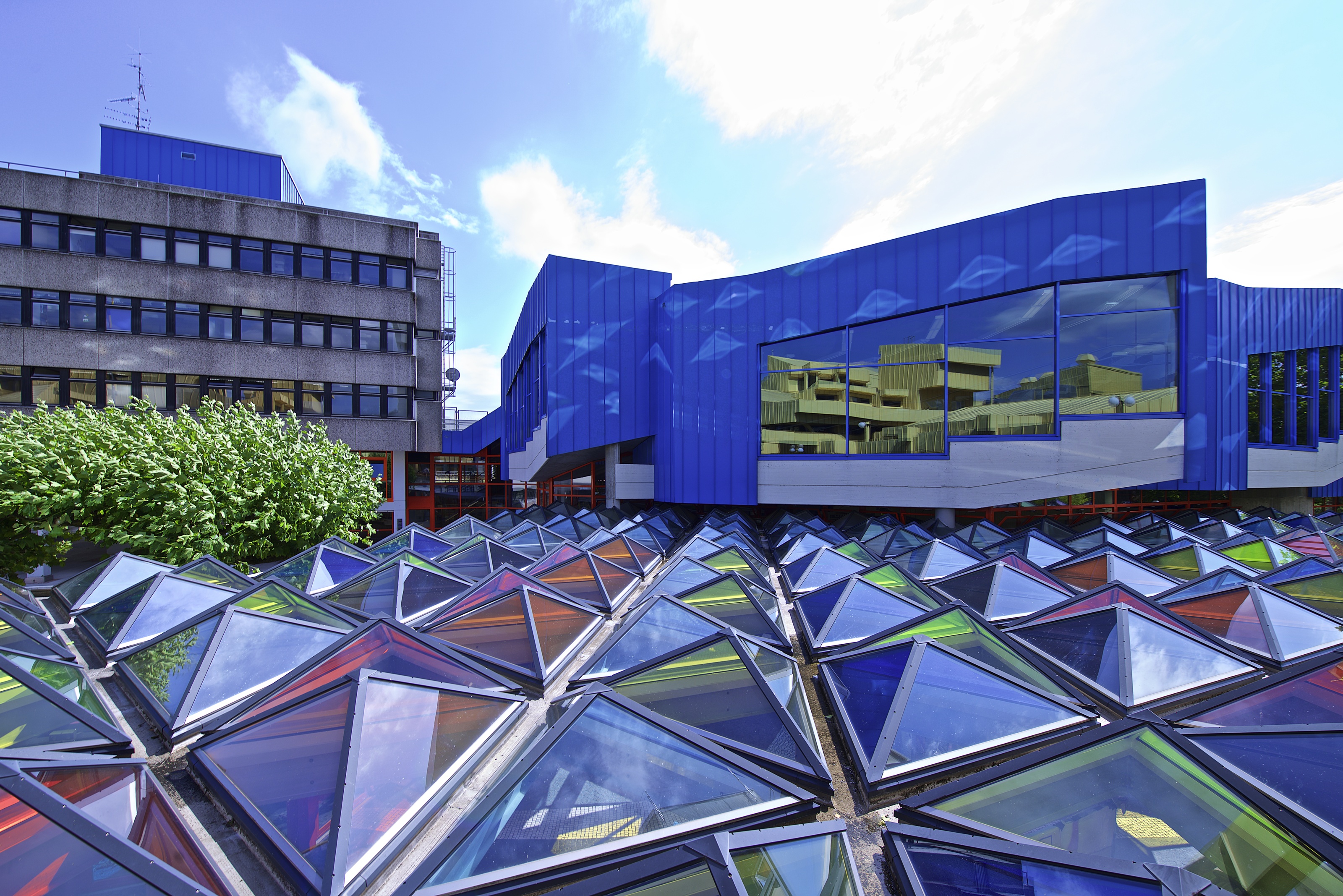
University of Konstanz receives state funding for transfer-oriented teaching
Around 700,000 euros for innovative teaching methods and community involvement/social commitment
The University of Konstanz can invest around 700,000 euros in boosting transfer-oriented teaching in the next three years. In the call for funding applications in the context of the programme "Wissenschaft lernen und lehren – WILLE" (learn and teach science), initiated by the Ministry of Science, Research and Arts Baden-Württemberg (MWK), the University of Konstanz demonstrated competence with its project "Lernen und Lehren in der dritten Dimension" (learning and teaching in the third dimension). The idea is to further develop innovative, transfer-oriented teaching formats especially in the humanities, cultural and social sciences. In the application, the University placed great emphasis on linking teaching formats with the everyday world with a focus on key social issues and future questions. Now the University of Konstanz can further develop its well-established teaching and learning method "Service Learning", which combines academic content of courses with social commitment. Additional courses in the new formats are already planned for the upcoming winter semester.
Professor Ulrich Rüdiger, Rector of the University of Konstanz, is very pleased: "The funding from the programme "Wissenschaft lernen und lehren" enables us to do even more to connect science and teaching with the everyday world. For me personally it has always been very important that a university not only encourage critical thinking but also active community involvement. I am very glad that the funding granted by the state government validates our approach. Minister of Science Theresia Bauer confirms this point of view: "There are good reasons why excellent learning conditions are one of the main focal points of the new state government. More than ever, our society needs strong personalities who can lead the way in an increasingly complex world. Innovative teaching methods enhance the problem-solving skills of our students and help the academic world as well as the business world to find qualified young talent.
The University of Konstanz is one of five universities in Germany that have gone through the transfer audit of the Stifterverband für die Deutsche Wissenschaft and the Heinz Nixdorf Foundation. The external auditors have confirmed the university's strategy: strengthening the transfer of knowledge into the world of business and society – especially in the humanities, cultural and social sciences. Transfer-oriented elements in teaching make study programmes more attractive, and also enhance the students' employment qualifications.
In addition to extending service learning, numerous other forms of application-oriented academic debate are both possible and desirable. The focus may be on community service, but that is not a requirement.
One example of a transfer-oriented project is the exhibition students organised on the occasion of the 50th anniversary of the University for which the project partner, the city of Konstanz, provided the exhibition space. Another key aspect of service learning is that students establish contacts and gain insight into the world of work with an emphasis on social commitment. For universities, this still is a relatively new approach, but the University of Konstanz has actively promoted this concept right from the beginning.
Good and close connections between both the city/region and the university are crucial for realising transfer projects – a scheme in which both sides benefit from each other. The plan for both – transfer-oriented projects as well as service learning – is to initiate projects in schools, too, so that teacher education students can also benefit, and the collaboration between the University of Konstanz and schools in the area will be further intensified.
In the context of the programme, the University of Konstanz plans to establish classrooms tailored to the new formats. In a first step, two existing rooms will be converted into seminar rooms. A flexible partition allows adapting the rooms to the requirements of project-based learning and group work and, starting next year, will offer optimum conditions for working creatively.
